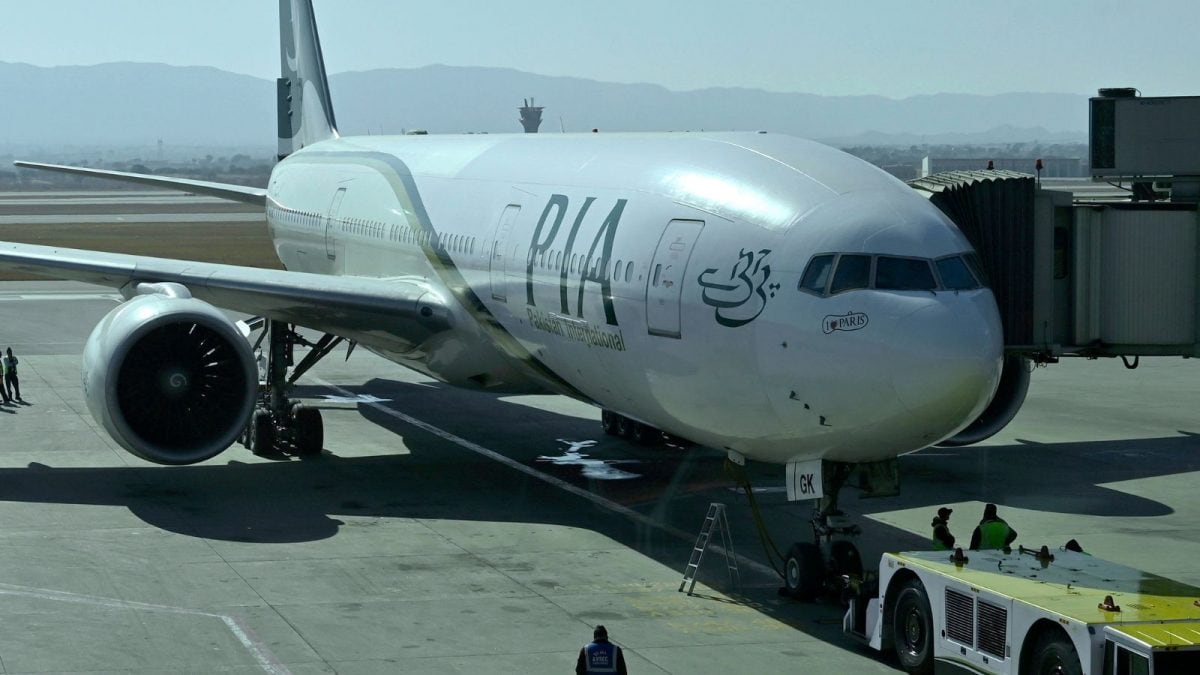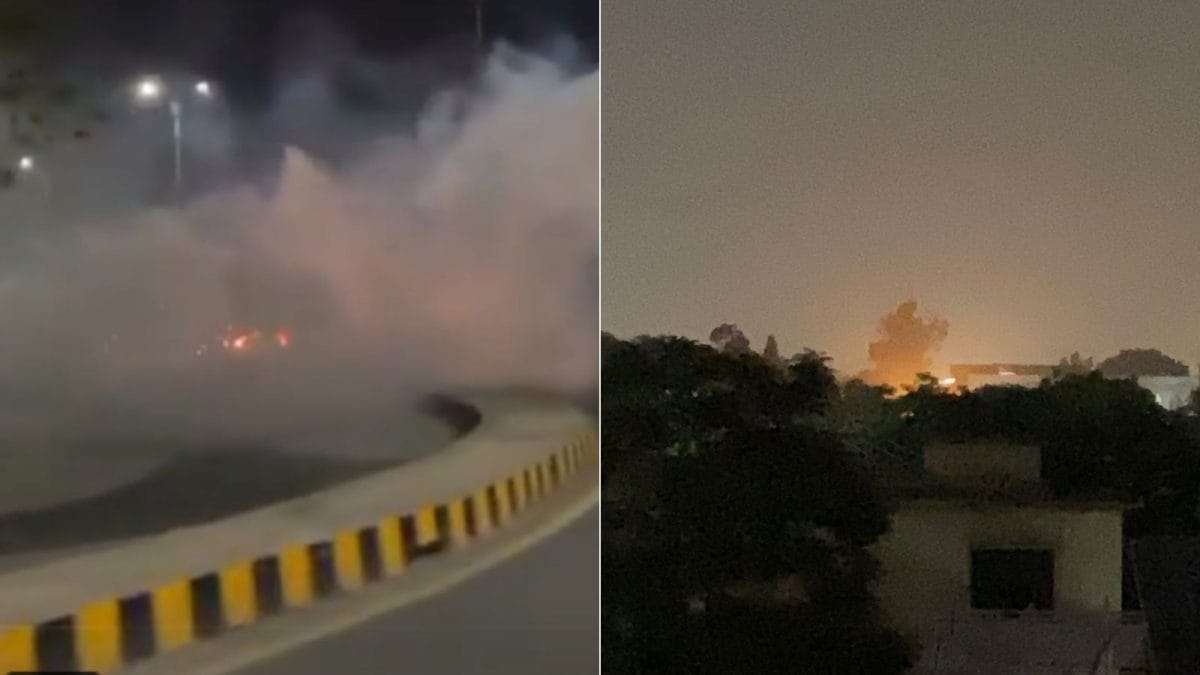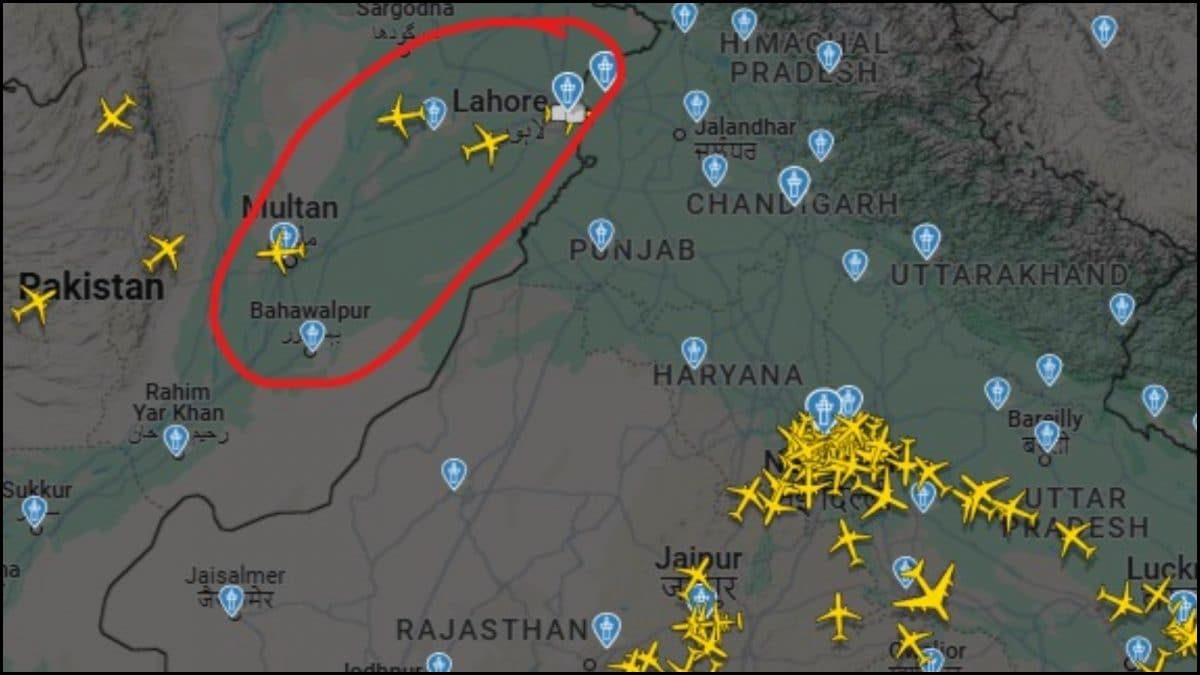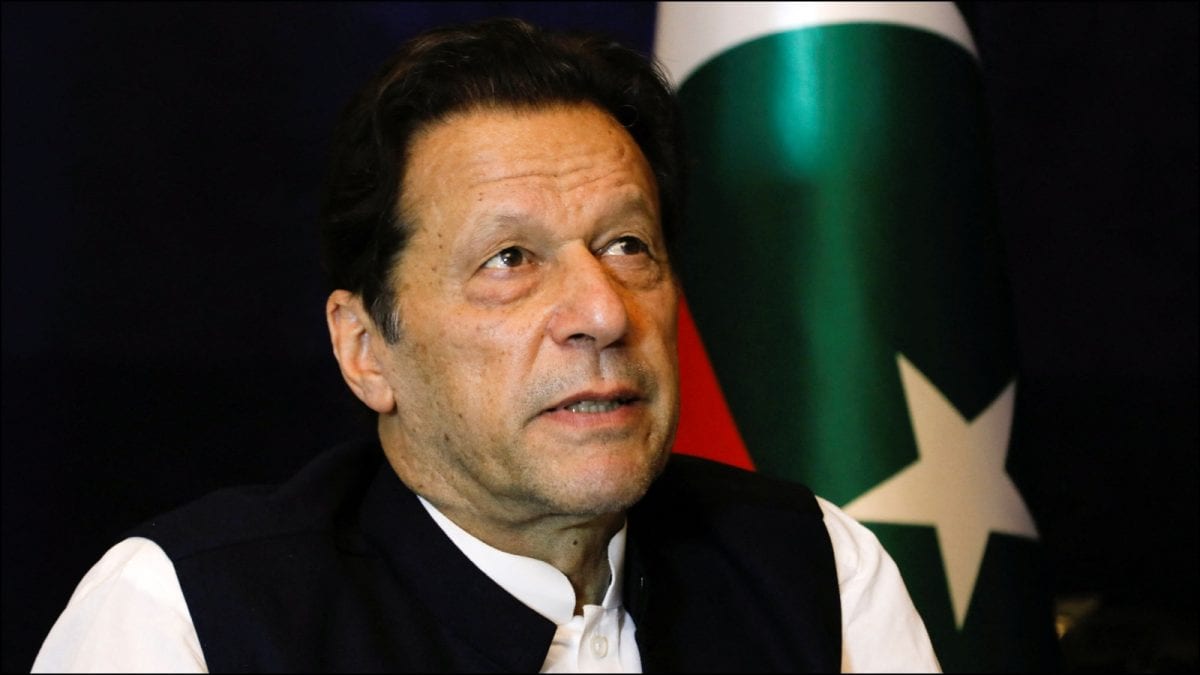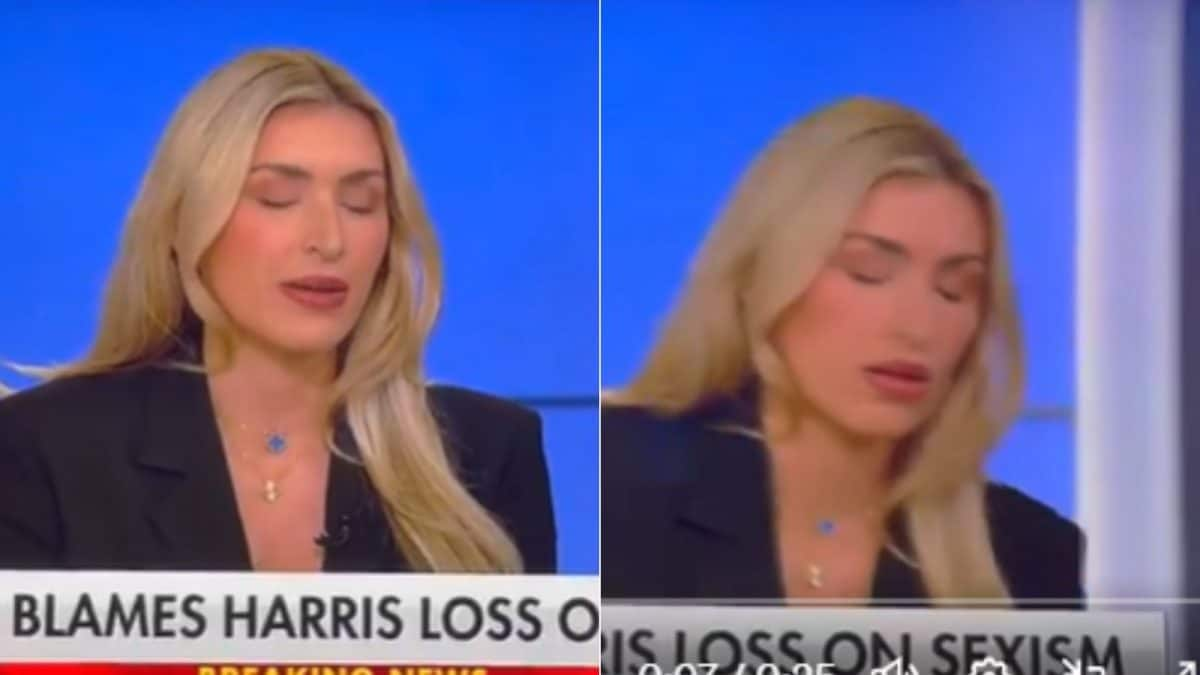Last Updated:April 03, 2025, 14:39 IST
The industry applauded the decision as Trump’s move recognises the crucial role that affordable, life-saving Indian generic medicines play in US public health

The US market holds significance as it captures 30 per cent of overall exports for India’s pharmaceuticals sector. (AFP)
US President Donald Trump announced on Thursday that pharmaceuticals would be exempt from the newly imposed reciprocal tariffs in a significant boost for India’s pharmaceutical sector.
“Some goods will not be subject to the Reciprocal Tariff. These include: (1) articles subject to 50 USC 1702(b); (2) steel/aluminum articles and autos/auto parts already subject to Section 232 tariffs; (3) copper, pharmaceuticals, semiconductors, and lumber articles; (4) all articles that may become subject to future Section 232 tariffs; (5) bullion; and (6) energy and other certain minerals that are not available in the United States," the White House said.
The US market holds significance as it captures 30 per cent of overall exports for India’s pharmaceuticals sector.
The industry applauded the decision as Trump’s move recognises the crucial role that affordable, life-saving Indian generic medicines play in public health of the US.
According to Sudarshan Jain, secretary general, Indian Pharmaceutical Alliance (IPA), India and US share a strong and growing bilateral trade relationship, with a shared vision to double trade to $500 billion under the Mission 500 initiative. “Pharmaceuticals remain a cornerstone of this partnership as India plays a vital role in global and US healthcare by ensuring a steady supply of affordable medicines."
Jain reiterated that the decision underscores the critical role of cost-effective, life-saving generic medicines in public health, economic stability, and national security.
“The Indian pharmaceutical industry is committed to advancing the shared priorities of both nations: strengthening medicine supply chain resilience and reinforcing national security by ensuring access to affordable medicines for all."
Experts told News18 that to maximise this opportunity, the Indian government should enhance the Production Linked Incentive (PLI) schemes by including a broader range of products and extending their duration by two years, strengthening domestic investment and global competitiveness.
“India’s pharmaceutical sector enjoys protection from reciprocal tariffs, keeping it insulated from tariff increase," said Saurabh Agarwal, tax partner at consulting firm, EY India.
“Although short-term export fluctuations may occur, the mid-to-long term outlook suggests possible export growth for India. To fully leverage this potential, the Indian government should expand existing Production Linked Incentive (PLI) schemes in these sectors to cover a wider range of products and extend their duration by two years, thereby bolstering domestic industries’ investment and global competitiveness."
Medical Devices Sector Disappointed
While the pharmaceuticals sector has been cheering the move, the imposition of a 26 per cent reciprocal tariff on Indian medical device exports to the US may pose a significant challenge to the sector’s growth. Historically, India has been a key supplier of cost-effective, high-quality medical devices to the US, primarily in low-value high volume consumables categories.
“However, this new tariff may possibly impact Indian medical devices exports and we have to explore windows of opportunities where the USA has been seeking to diversify its supply chain dependence on any one nation," Rajiv Nath, forum coordinator, Association of Indian Medical Device Industry (AiMeD), said.
In 2023-24, India’s medical device exports to the US stood at $714.38 million, while imports from the US to India were significantly higher at $1,519.94 million, as per data shared by Exports Promotion Council of Medical Devices.
According to Himanshu Baid, managing director, Polymedicure: “While India may seemingly gain a marginal price advantage over China (8 per cent) in certain low-risk, high-volume consumables, the real impact may not be significant if our prices were higher than 15 per cent and the impact has to be further studied compared to other competing nations."
He added: “Despite the tariff challenges, India’s primary obstacle remains non-tariff barriers rather than tariffs themselves. Regulatory hurdles in the US are steep, with FDA approval costs ranging from $9,280 to over $540,000, whereas US exporters face relatively minimal costs when entering India. Addressing these imbalances through bilateral collaboration is crucial."
Nath added that India must prioritise healthcare security by strengthening domestic manufacturing and reducing dependency on foreign markets in the medical device sector.
Location : First Published:April 03, 2025, 14:39 IST
News india Trump Exempts Indian Pharmaceuticals From Tariffs In Big Relief But Medical Devices Face Uncertainty

 1 month ago
1 month ago
